Nobert Alupo
When Nobert Alupo was just shy of 7 years, her father passed away. Nobert’s whole family was devastated with grief and was unsure of how to support themselves without him. Nobert’s mother took his death the hardest and after only a couple of months, she abandoned her family. As the eldest sister, Nobert was responsible […]
Abdallah Linos’ story
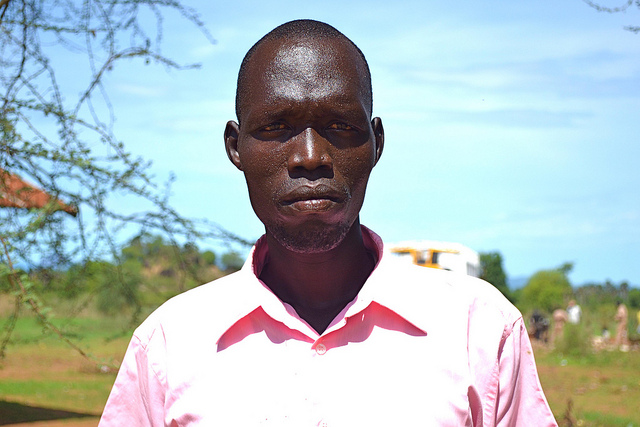
Abdallah Linos is 31 years old and works as a teacher at the Oguruny Primary School in the village of Oguruny in South Sudan. He has been teaching at the school since 2010. The school has only six classes, P1-P6, with 408 pupils. When the civil war broke out, Abdallah left the village to live […]
In Honor of Mother’s Day
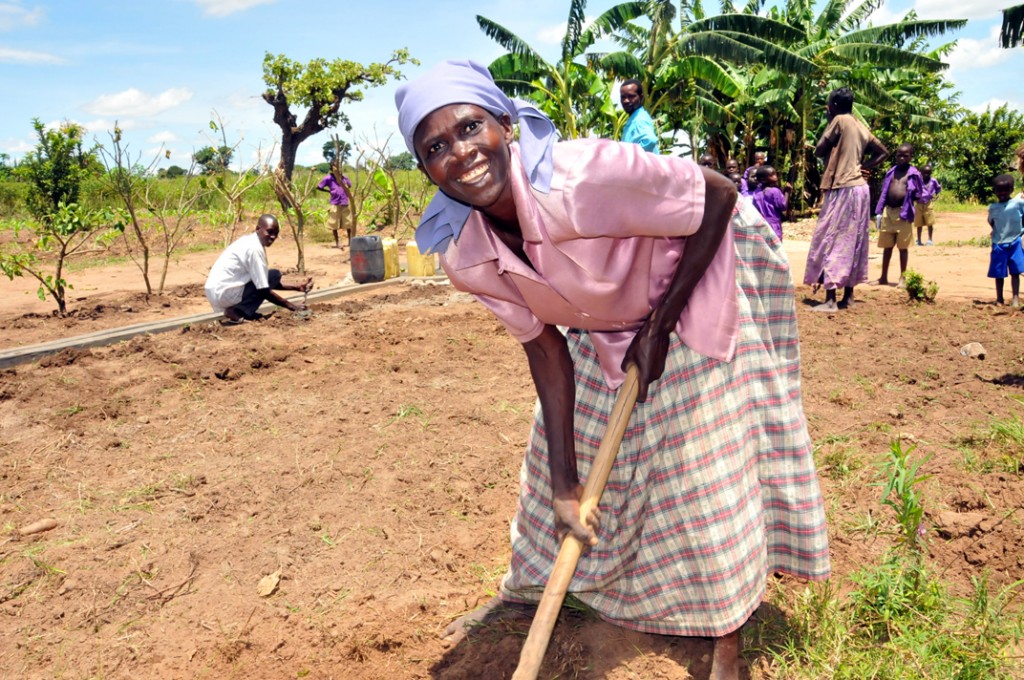
I recently watched a segment of the HBO show Vice about the Fat Farms of Mauritania. In it, a reporter traveled to the West African country to profile the ancient practice of brutally force-feeding young girls to fatten them up to make them more attractive for marriage. In their culture, a fat woman is seen […]
Day Middle School Temecula & Skyetime
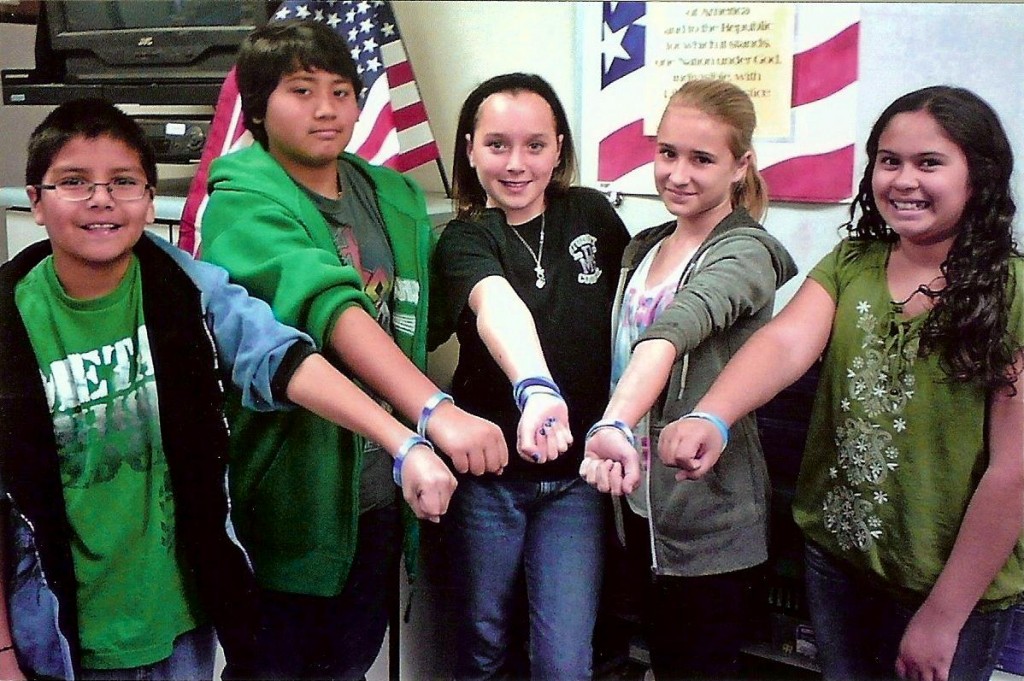
Students from the Day Middle School in Temecula, CA decided to help children in Africa gain access to clean water after learning about the water crisis from Skye McNeil, founder of the website Skyetime.com. She explained that children in Africa spend hours every day walking 6 to 7 miles to fetch water for their families […]
World Water Day 2013 newsletter
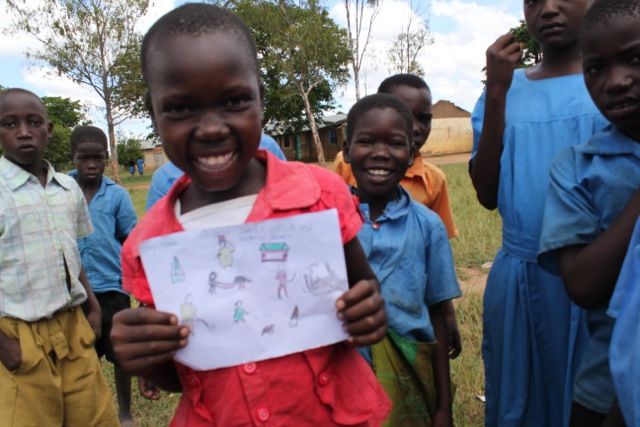
This message was originally posted as a Drop in the Bucket newsletter, to receive updates like this please sign up for our mailing list. Hello Everyone, As you may have heard, today, March 22nd is World Water Day! When Drop in the Bucket formed back in 2006, 1.1 billion people were without access to clean […]
World Water Day 2013
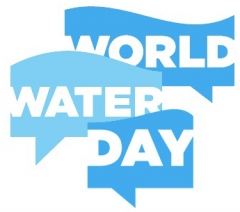
Almost 1 billion people on the planet lack access to safe drinking water. Dirty water and poor sanitation kill more children than AIDS, malaria and measles combined. Every 20 seconds a child dies from a lack of clean water or sanitation. More people have access to a cell phone than a toilet. Do we just […]
Obey Awareness Program
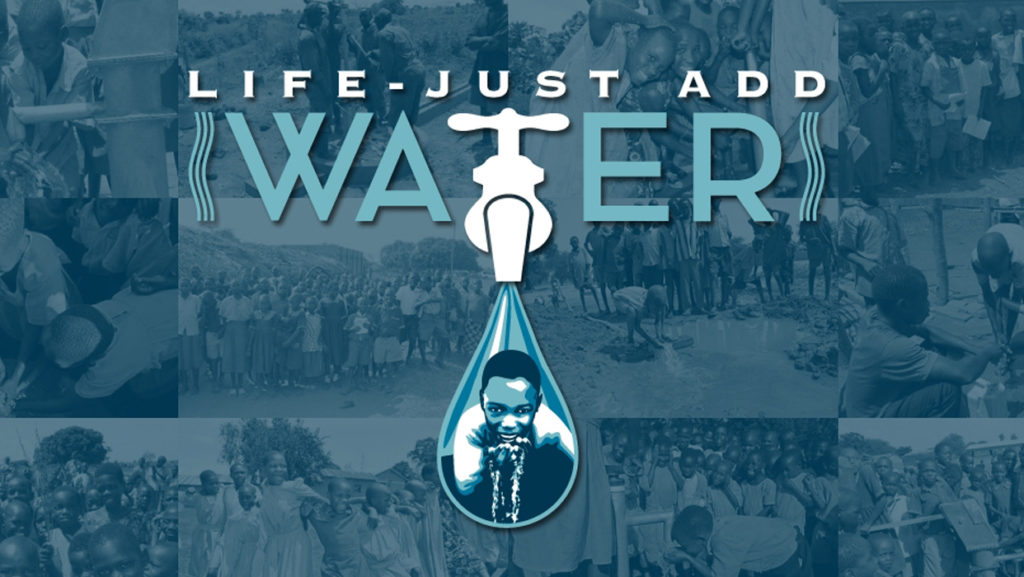
Shepard Fairey is a strong believer that clean water is a human right and this year Drop in the Bucket was honored by being one of only two causes chosen for the 2013 season.
Beads that transform lives
These paper beads are handmade by women in the IDP (internally displaced Persons) in Uganda. While most people are familiar with the term refugee, IDP is less know. The difference is a refugee is someone that was forced to flee their home country to go and live in a different country. An IDP is someone […]
Sister Sidonia Aman Tong
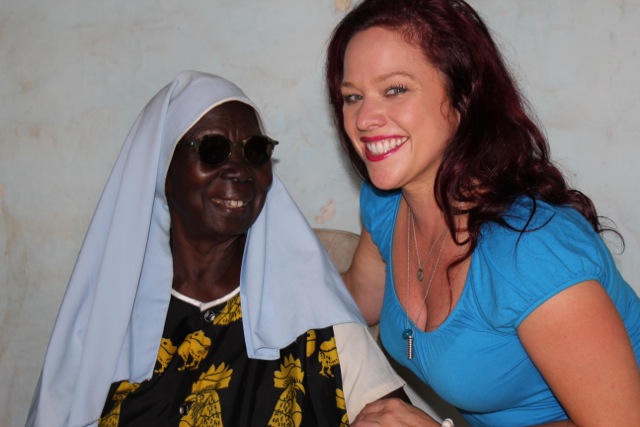
Camboni Primary and Secondary School in Aweil Town was the location of one of the wells we recently repaired. The school was constructed by the Catholic Church, in the 1970s, but they are no longer funding it and the government has taken over. While we were there observing the work, I met the principal, Antonia […]
Climate Change and Disaster Preparedness
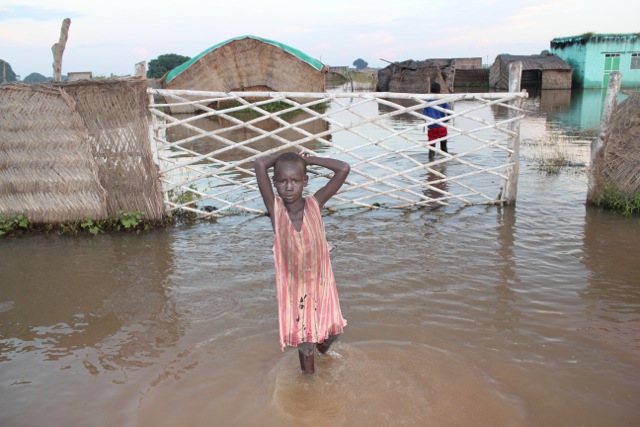
Climate Change and Disaster Preparedness are big words around this region these days. Disaster preparedness refers to unpredictable events like drought and floods. I experienced it during the dry season last winter when the schools in Northern Bahr el Ghazal closed down so families could migrate to swamps in search of water. But this time I saw the opposite side of the disaster. Annually, 100,000 […]
